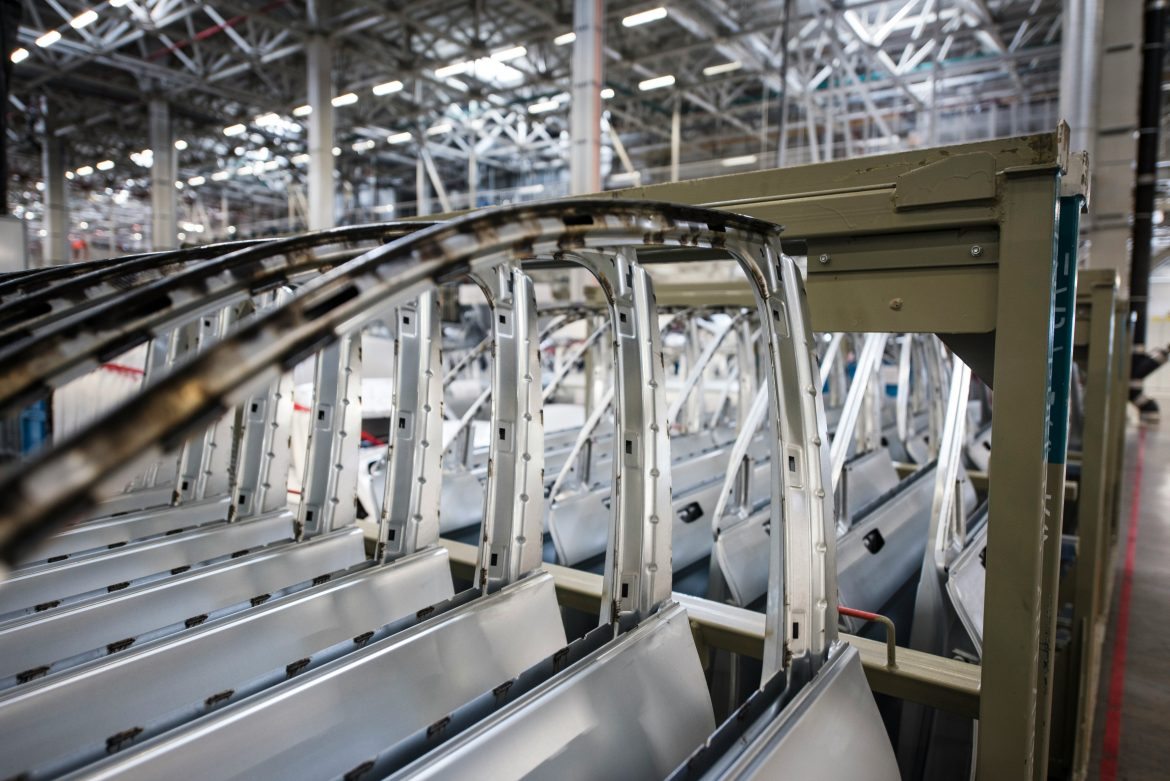After a historic victory at Volkswagen’s plant in Tennessee, UAW President Shawn Fain is rallying the union’s troops for a mighty organising blitz in the US auto market. “The win Friday breathes a lot of life into the organizing campaign everywhere. We’re moving as fast as we can,” Fain told Reuters. With $40 million fund set aside for the drive, UAW is focusing on organising the non-union US plants of 14 automakers.
The UAW mobilises a public organising campaign at a certain facility, when at least 30% of the workers at the facility expresses their intended unionisation. It is not until the support hovers at 70%, that the UAW will start to urge for a National Labor Relations Board (NLRB) election.
As of now, none of Tesla’s US plants have hit the 30% limit as mentioned in the union’s disclosure. John Logan, a labour professor at San Francisco State University, drew a fine line between the significance of a future success at Tesla and the importance of the whole American labor movement. Logan underlined, “Winning the battle at Tesla would be the biggest possible success you could ever get for the whole U.S. labor movement, not only for the car industry.”
On the contrary, the UAW claims that two manufacturers (a Hyundai in Alabama and a Toyota parts factory in Missouri) in the southern part of the U.S. have started the union drive which has brought the support of many employees and that is nearly 30%.
Volkswagen, especially in the eyes of the industry analysts, was the most easy non-union factory to organise despite the company’s strong union relations in Germany. The path may not be as rough as at Mercedes, which has more than 5,000 workers that are up for a union election next month. The UAW has faced tough opposition from Mercedes, and it is far from over. While writing to employees in January, the car manufacturer said that the workers should not unionise because they have competitive pay and benefits. In addition, Mercedes assured that it was ready to give full recognition to workers’ free association in organising.
However, not everything has changed in Mercedes. Even after the victory, it doesn’t make a major ripple in Trade Union history, in comparison to the previous victories of Volkswagen, where workers voted in “approval” (73%) at the third attempt. Larger targets await on the horizon such as Toyota and Tesla.



